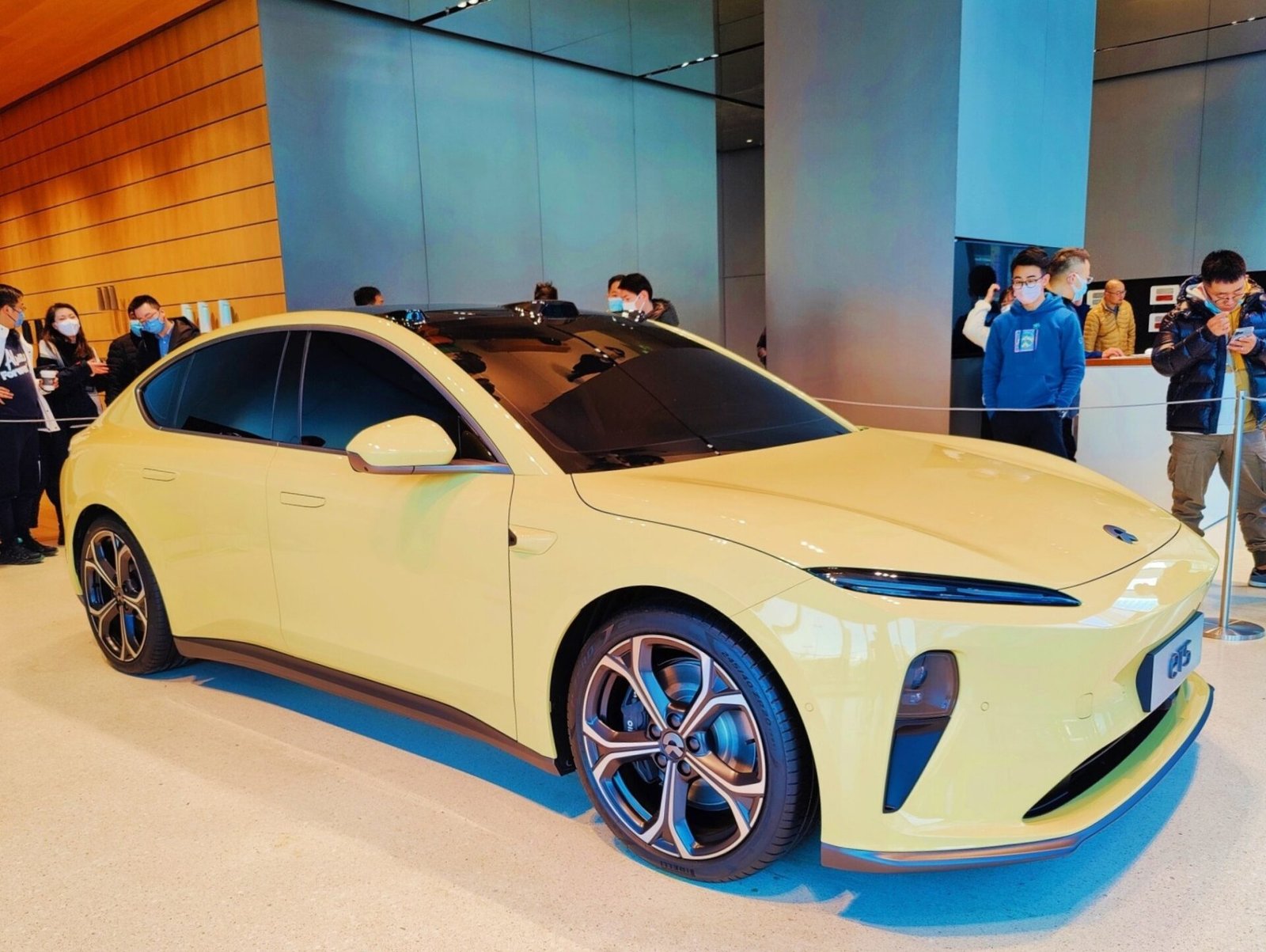On Wednesday, the European Commission launched a significant probe to determine whether there’s a need to levy punitive tariffs on Chinese electric vehicle (EV) imports, pointing to potentially excessive state subsidies that unfairly lower the prices of these vehicles.
The Stance of the European Commission
European Commission President, Ursula von der Leyen, made a pivotal statement: “Global markets are now inundated with more affordable electric vehicles, a phenomenon caused by hefty state subsidies, keeping their prices artificially low. Today, I announce the Commission’s decision to launch an anti-subsidy investigation into EVs imported from China. Europe promotes healthy competition, but not at the expense of fair market practices.”
Her statement signifies a possible turn in European trade policies, emphasizing the need to protect local industries from unfair advantages that other countries might have due to state interventions.
International Reactions
The UK Trade Minister, Kemi Badenoch, remarked on the current situation, highlighting the global challenges with the EV supply chain. “This situation underlines the difficulties every nation faces in the electric vehicle supply chain. Our focus needs to be on ensuring the survival and prosperity of our auto industry.”
Matteo Salvini, Italy’s Transport Minister, made a more pointed observation, hinting at Europe’s possible delay in recognizing the threat. “The League party has been vocal about this risk for years. It seems Europe is only now heeding the call. One has to wonder, has Europe been distracted, inefficient, or was there an element of complicity?”
On the other hand, the stance of Germany’s VDA Automotive Industry Association was more measured. They stated, “We staunchly support free, fair, and rule-based trade, both in terms of exports and imports from non-EU countries. However, any potential damage needs to be tangibly quantifiable, considering the broader community interest and potential retaliations from China.”
They further added, “An anti-subsidy investigation alone won’t address the underlying competitiveness challenges of Europe’s auto landscape. The onus is on policymakers in both Brussels and Berlin to set conditions that ensure successful transformation.”
Perspectives from the European Auto Industry
Sigrid de Vries, Director General of the ACEA European Automobile Manufacturers Association, shared the industry’s perspective. “We are closely studying the specifics and are prepared to contribute to the inquiry. The advantage China holds and their cost-effective imports have significantly impacted European automakers. With the US Inflation Reduction Act (IRA) shifting the electric vehicle dynamics, von der Leyen’s announcement reassures us that the European Commission is acknowledging the skewed situation our industry faces, addressing the distorted competition in our sector.”
Insights on China’s EV Dominance
Kingsmill Bond, Senior Principal at Rocky Mountain Institute, shed light on China’s strategy. “Contrary to popular belief, when the Chinese government ceased its subsidies, prices dropped. The competitive prices in China are primarily due to its global manufacturing dominance and a robust 20-year policy. Building this industry necessitated initial government support and subsidies.”
Economic Implications
Stuart Cole, Chief Macro Economist at Equiti Capital, focused on the broader economic implications. “The EU’s primary concern is ensuring its own EV industry’s global competitiveness, especially in light of US IRA legislation. This investigation can be seen as an attempt to level the playing field with one of the largest EV producers.”
Danni Hewson, AJ Bell’s Head of Financial Analysis, commented on the future of the sector, emphasizing the international context. “Maintaining a balanced playing field is crucial for the EV sector’s success in Europe. Given the escalating tensions between China and the West, imposing tariffs on successful Chinese EV manufacturers to standardize car prices wouldn’t be surprising.”
She further elaborated, “The race for dominance in next-generation technologies, be it EVs, AI chips, or renewables, is set in a fiercely competitive environment.”
Conclusion
The European Commission’s decision to investigate the subsidies on Chinese EV imports has wide-reaching implications, not just for the automotive sector, but for international trade relations as a whole. With the transition to cleaner energy and the race for EV dominance heating up, decisions made in this arena will shape the future landscape of the global auto industry. The next steps, whether in the form of tariffs or trade negotiations, will be keenly observed by all stakeholders involved.
Read More:
